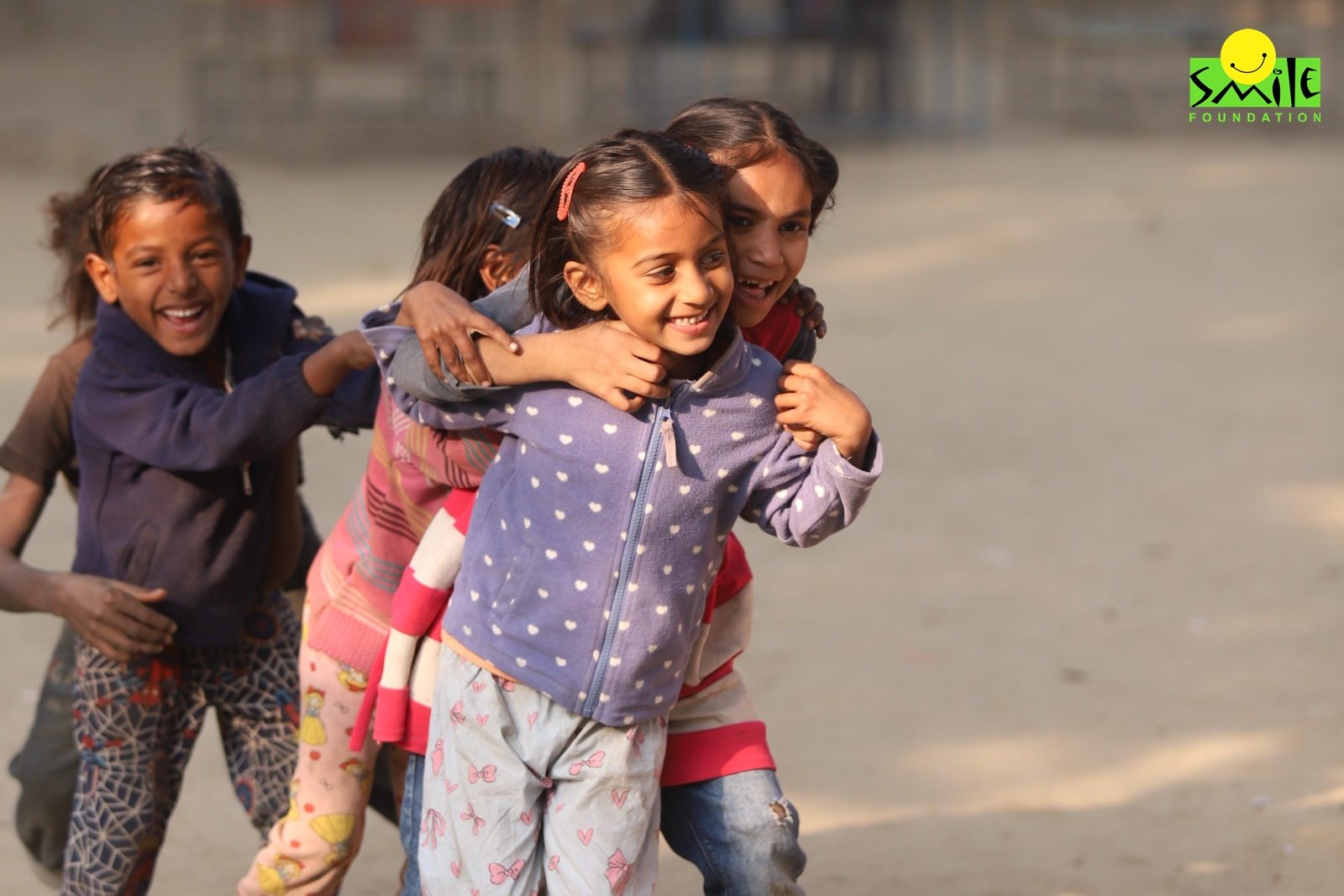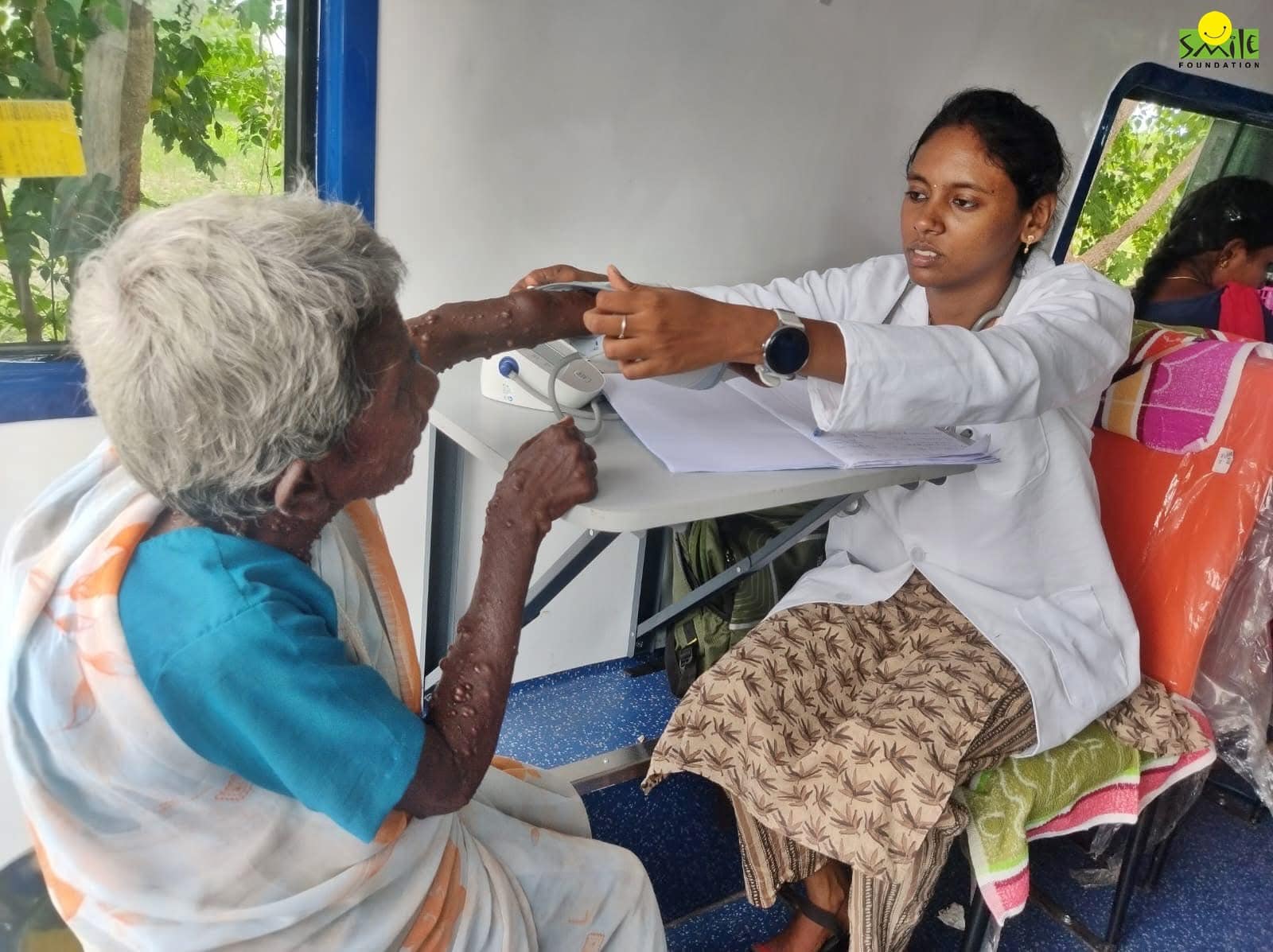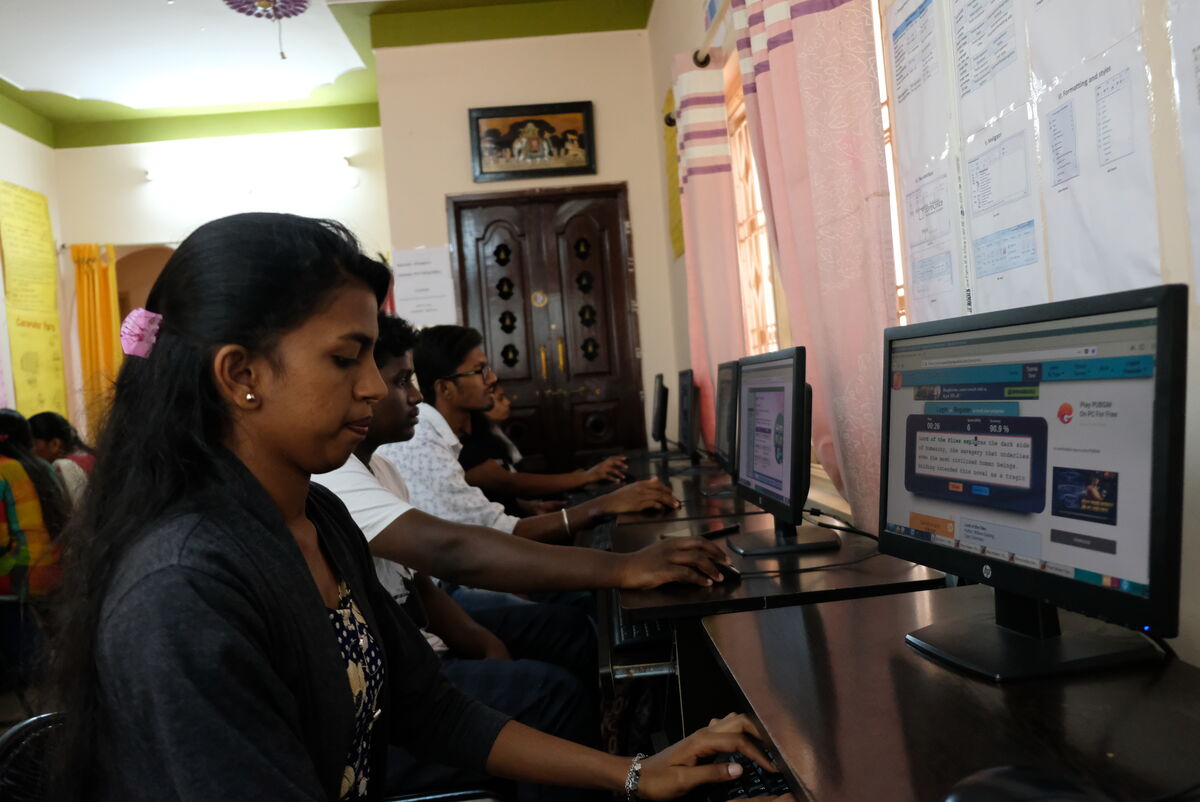In the rat race to become successful and make money- the world continues to sacrifice the skills that make us humans and build society. It is not new how Indian students have always been torn between the two popular subjects of medicine or engineering, with humanities being always sidelined, thanks to the belief that subjects like literature, history or political science are only studied by persons with poor grades.
One must wonder if arts and humanities are being neglected as STEM (science, technology, engineering and math) becomes increasingly prominent in educational institutions in India. Is a generation lacking creativity, empathy and critical thinking as a result of their fixation with technical fields?
Why does the typical Indian middle-class parent hold this opinion? It’s easy: money. Over their lifetimes, STEM majors make far more money than others.
In a 2023 study, the U.S. Bureau of Labor Statistics (BLS) predicted that STEM jobs will rise 10.4% between 2023 and 2033, which is faster than the average for all occupations. The European Union has also made STEM a priority, pointing out that technical innovation is essential to preserving competitiveness in the global economy. Governments throughout the world are thus investing heavily in STEM education because they anticipate that students will work in fields like biotechnology, data science and artificial intelligence in the future, where these jobs not only promise security but also come with a significant wage premium.
These professions are also being promoted by parents and educational institutions, who view them as a sure-cut route to succeed in a world that is becoming more and more computerised. But has this focus come at the expense of other vital disciplines?
Inclusion of Humanities for Overall Development
Under this STEM-focused education, the arts and humanities—once cornerstones of a well-rounded education—have suffered a great deal. STEM topics remain the most popular among students as technology becomes more and more integrated into our daily lives. Because they lead to well-paying positions, degrees in finance, law and medicine are likewise in high demand. But except for a few elite liberal arts schools across the nation, the humanities don’t draw top talent. In higher education, subjects like English, philosophy and history are neglected, creating a vicious cycle where departments are shrinking or closing down due to a lack of funding and students.
However, what we mustn’t forget is that the study of the humanities will continue to be important, for our personal and societal well-being even as we continue to be consumed by newer technology.
A fact to validate that is the 2023 ASER study by Pratham Education that highlights the prevalence of humanities courses among young people and provides insight into the educational environment in rural India. The study found that humanities is the most prioritised subject among students between the ages of 14 and 18 in rural India. The popularity is more among female students, with 28.1% of female students choosing STEM subjects as against 36.3% of male students. According to the survey, only a small percentage of students in classes XI and XIl are following scientific or commercial streams, while the majority are enrolled in arts and humanities courses.
Although the emphasis on STEM and job-generating education has indeed increased the wealth of the countries, has the world gotten any better or happier despite the massive economic accumulation? Even in the wealthiest nations, such as the US, there are still significant deficits, and debt, and India continues to be ruled by poverty today despite such advancements.
The skills nurtured by humanities—empathy, ethical reasoning, cultural literacy and creativity—are more important than ever in the complicated and rapidly evolving world. According to a 2019 World Economic Forum research, one of the top three abilities needed in the workforce of the future will be creativity. Businesses like Apple have prospered due to its engineers’ knowledge of design, aesthetics and user experience—all of which are impacted by the creativity inculcated in the arts.
Even as STEAM areas propel technical progress, this guarantees that all the technology advancements are ethical, culturally sensitive and human-centred.
STEAM instead of STEM!
The future of education does not have to be a STEM vs humanities rather, it needs an integrated strategy that values both disciplines equally. The integration of the arts through STEAM (Science, Technology, Arts and Mathematics) would mark a significant advancement in education, even if STEM education has established a solid basis in science and technology.
In addition to preparing its students for successful career success in the capitalist-driven service industries, schools are also preparing them for success in a world that is becoming more complicated in terms of understanding human behavioural patterns. The introduction of arts in STEM will only help students develop the qualities of harmony, creativity, empathy and adaptability.
Students who learn to combine technical expertise with creative thinking have better problem-solving abilities. In addition to encouraging creativity, STEAM fosters critical thinking and emotional intelligence, two qualities that are crucial in today’s socio-political setup.
Each Child is Unique
Upholding and valuing each child’s unique individuality, Smile Foundation believes that science and arts are perhaps both sides of the same coin. While aspects of science may pique the curiosity of certain children, for others arts may be fascinating- and all these skills must be nurtured right to foster development of the mind and career.
Hence, through our Mission Education programme, we envision that every child is an independent thinker. Our every endeavour and activity thrives on the belief that every educated child becomes the empathetic leader of tomorrow as these children are our future. So help us in helping them realise their dreams and potential!









